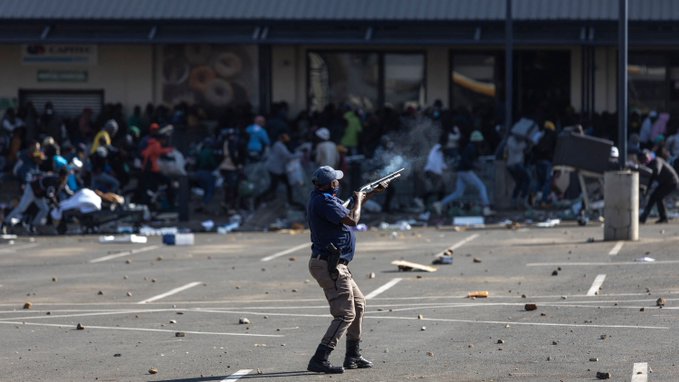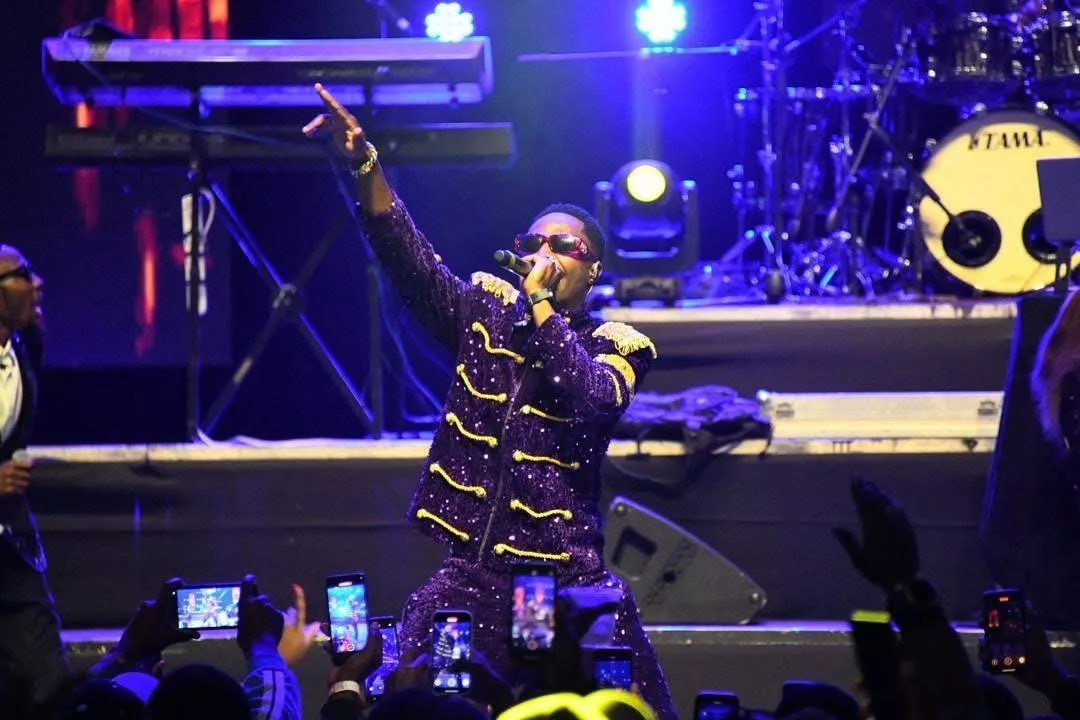|
Getting your Trinity Audio player ready...
|
By Takura Zhangazha
A young comrade recently sent me a message about my views on the recent rioting in South Africa. Poignantly he asked what I meant in assuming that there are many similarities between South Africa and the rest of the Southern African region? I briefly explained that these similarities in my view are all about the regional political economy. He responded without any further questions by saying he understood what I meant. I can only hope he was being honest.
It however occurred to me that the debate around the violent events in South Africa, despite its own assumptions of its own ‘exceptionalism’ on the African continent, has not come full circle. It is a debate that has presented itself regrettably, in the age of social media, as events that are as entertaining as they are populist in relation to the African National Congress (ANC) factionalism. With or without debate around the full import of the South African Constitutional Court’s imprisonment of former president Jacob Zuma.
What is however more interesting is the format that the riots and counter-protests stemming from the above have taken. And this is as would occur anywhere else in Southern Africa. The target of the disruption of society is the emblematic shopping mall. This is where desire, anger, exclusion, and formality all come together into a political-economic powder keg.
Expressions of anger about the political economy in Southern Africa tend to focus their energies on what is regularly seen but considered off-limits for the poor in these respective societies. Or to put it alternatively, it is what during normal times is behind the display window of the shop or supermarket that can only be acquired by material/money privilege that anarchy for whatever reason permits the poor to desire and forcibly acquire.
It becomes a situation in which we are forced to ask the question in the case of South Africa, is this really about Jacob Zuma? Or even ask another one that if it is about poverty, what sort of deprivation are we looking at when one loots/steals a 58-inch smart television? Only to either take it to a shack without electricity or try to sell it onward to an individual with the same existential circumstance.
There is no singular answer to these questions. But there is a holistic view that can be assumed. This being that we are, in Southern Africa to be specific, living in an age of a populist/popular deification of commodities as emblematic of desired lifestyles. Even if they are in no way realistic to our context or circumstance.
Where we return to assumptions of South African exceptionalism which some cdes here in Zimbabwe are celebrating, we will see that whether we are in Mozambique, Zimbabwe, Zambia, Malawi, or Angola among others we are always at risk of instability based on the same desires for what is seen through the display window but inaccessible. Except to those that have the material means.
I always enquire with a friend whenever we leave supermarkets and young people, mainly women, are trying to sell us carrier sacks outside of the same, what he thinks they are feeling about the fact that they themselves cannot afford to do the same? His answer is generally ambivalent and centres on the realities of the Zimbabwean trickle-down political economy as it obtains.
I remind him that again the reality of the matter is that we live in societies in which the commodification of human progress and where the individual and his/her material desires are increasingly supreme. And because of this, the collective envy, again based on individual desires, is equally extremely high.
Hence we are quick in the midst of an assumed breakdown in governance or law and order quick to make beelines for shopping malls or mass production factories much to the chagrin of private capital. In pursuit of false ownership of stagnant commodities that represent more lifestyle aspirations than what would be utilitarian.
This also brings into vogue the fact that in all of this, there are more powerful vested interests that can also counter-react. As in the case of the riots in South Africa, the establishment (government and private capital) quickly mobilizes to protect their interests. Both technically as it concerns the security services but also by deploying a counter populist narrative concerning the right to private property and the ‘inevetibilism’ of the loss of jobs. And because of the ephemeral, impulsive nature of the struggles of the poor these latter narratives gain more traction post the violence. And in this, we come full circle back to the restoration of the system that ensures the inequitable distribution of wealth in our societies.
This means that going forward those that claim to be struggling for more economically equitable societies need to define their struggles much better. Not only ideologically but also for posterity and in the long duree. They should neither be stuck in the ephemeral moment nor in a stagnant past. That a great number of our people look through the shopping mall window with the unfulfilled desire of ownership of a commodity let alone hopes of individual escape from poverty is something that should worry us non-end. Whether we are in South Africa or the rest of Southern Africa.
I will conclude by stating that we still need to ask ourselves, what is the meaning of the shopping mall in our African contexts? What has it come to represent? I will also hazard an answer in that I see it as being emblematic of economic exclusion. Not only of small businesses but an embodiment of capitalism that runs on false assumptions of lifestyles embedded in again false commodified desires of lifestyles that are designed to be economically exclusionary.
Takura Zhangazha writes here in his personal capacity (takura-zhangazha.blogspot.com)






